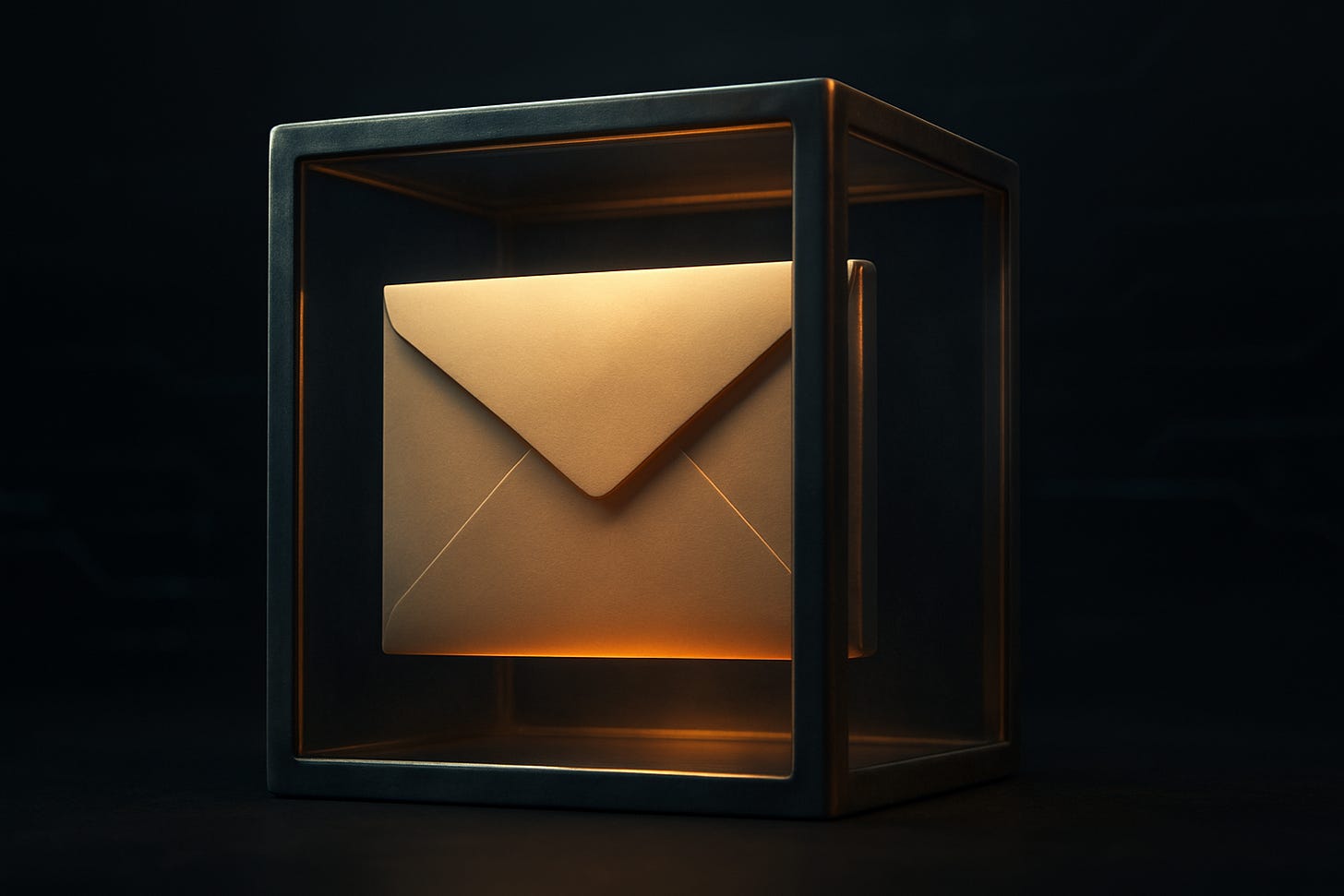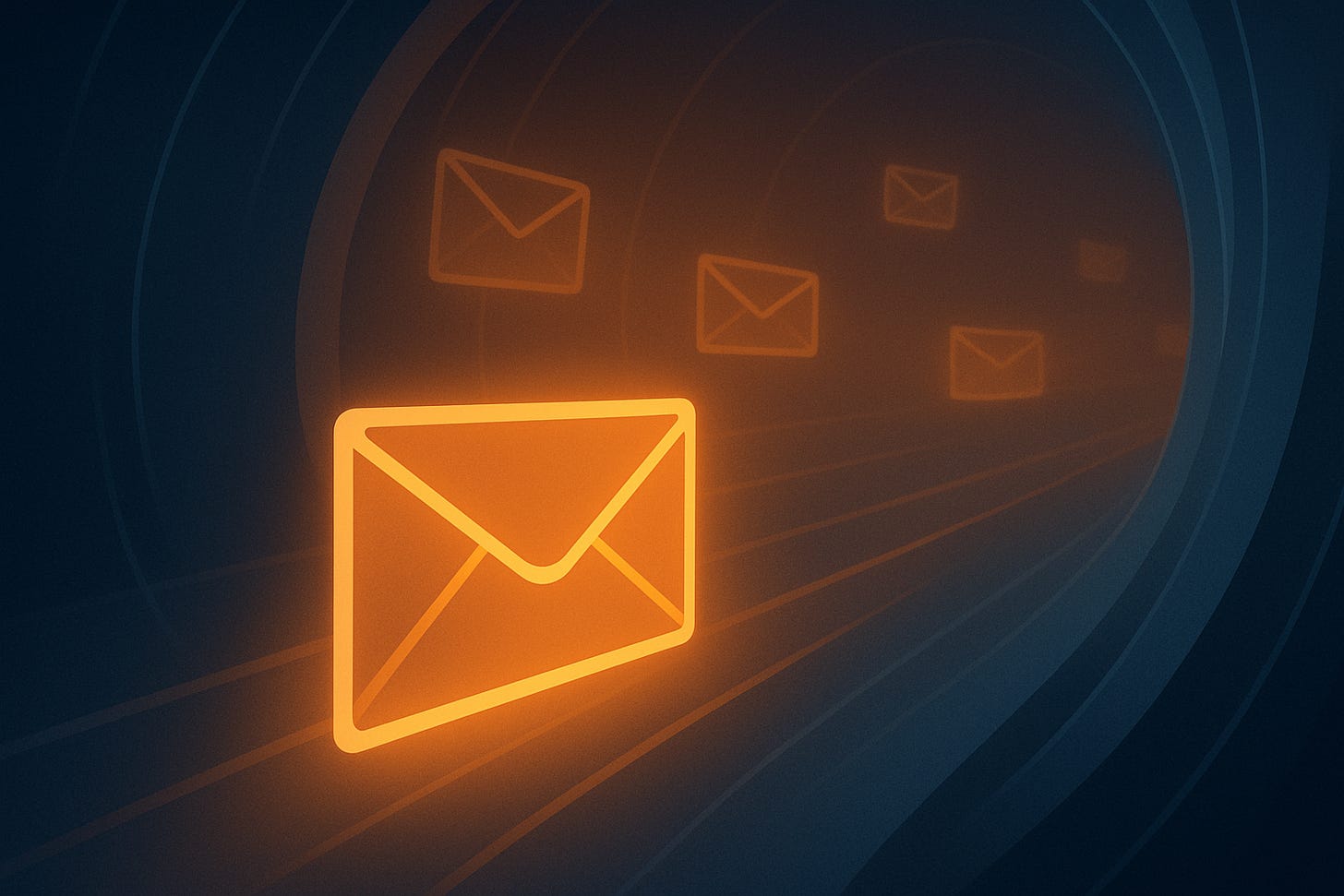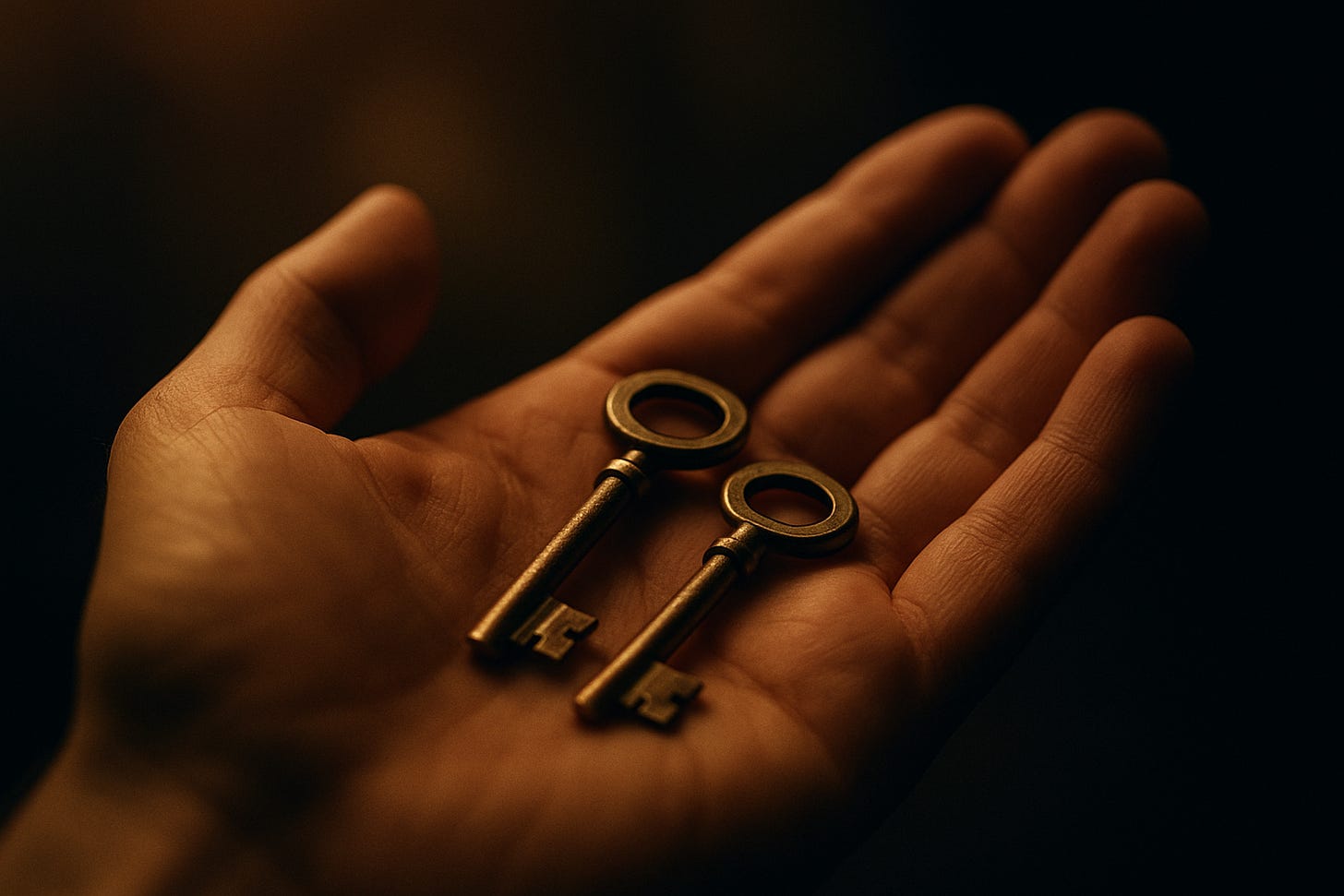They Can’t Censor What They Can’t See
When speech gets filtered by code, privacy becomes political. Here’s why learning PGP might be the simplest act of digital self-defense left.
You can feel it.
The internet didn’t just get quieter — it got conditional.
Accounts vanish. Threads disappear.
Whole conversations die in the algorithm before anyone sees them.
“Free speech isn’t disappearing because people stopped talking. It’s disappearing because the infrastructure stopped listening.”
We used to think free speech was a moral argument.
Now it’s a technical condition — one that changes with every platform policy and every line of code.
🧩 When Politics Turns Mechanical
Every political era invents new tools of control.
What’s different now is how invisible those tools have become.
No bans — just shadow throttling.
No censorship — just “safety” filters deciding what’s “healthy.”
No arrests — just account removals that rewrite history overnight.
“It doesn’t take conspiracy. It just takes infrastructure you don’t control.”
That’s why an old idea — one almost forgotten — matters again.
🔐 Enter PGP: Pretty Good Privacy
PGP isn’t an app.
It’s a method — a way to lock your digital words so only your intended reader can open them.
When you encrypt, you don’t hide — you decide who gets to see.”
Imagine mailing a letter sealed inside a steel box.
Your friend has the key.
The post office, the platform, the middlemen? They can’t even see the envelope.
That’s all encryption is: math standing between you and interference.
And PGP, built in 1991, still holds up against billion-dollar infrastructure.
⚙️ What It Actually Does
You write an email.
PGP scrambles it using a key only your recipient can decode.
No one in the middle can read it.
No one can silently “update” the policy that makes it vanish.
“It’s not trust-based. It’s math-based.”
When privacy runs on math instead of mood, speech survives.
💡 Why It Matters Now
In calmer years, encryption felt paranoid — a tool for journalists or people with something to hide.
But when laws shift and platforms pick sides, privacy isn’t rebellion.
It’s insurance.
“PGP doesn’t make you loud. It makes you independent.”
And independence is the part of speech no platform can sell back to you.
🪜 The Simple Version — No Code, No Jargon
You don’t need to be technical.
If you can install an app, you can encrypt your mail.
Download a trusted tool:
🖥️ Mac: GPGTools
💻 Windows: Kleopatra
📱 Mobile: Proton Mail or OpenKeychain
Create your key.
The app walks you through it — name, email, passphrase.Share your public key.
Post it wherever you list contact info.Keep your private key offline.
Treat it like a passport — one copy, backed up safely.Send a test.
Encrypt one message to yourself.
Feel what it’s like to actually own your conversation.
I can post a step-by-step setup guide next week — comment below if you’d read it.
🧱 What It Protects You From
Email snooping and data scraping
Sudden platform shutdowns
Policy “updates” that quietly erase archives
Middlemen who monetize “trust”
It’s not perfect.
If a state actor targets you, they’ll go after your device — not your math.
“For everyone else, it’s 99% protection against 99% of risk.”
🧭 The Bigger Lesson
Politics decides who gets silenced.
Technology decides how easily.
“Encryption is the last peaceful resistance left — quiet, legal, mathematical.”
You don’t need to rage online.
You just need to own your keys.
When privacy becomes political, encryption becomes civic duty.
🔄 Your Move
Make one key.
Encrypt one message.
Share it with one friend who still believes communication should belong to people, not platforms.
“The next fight for free speech won’t happen in the streets. It’ll happen in the protocols — the math beneath the noise.”




